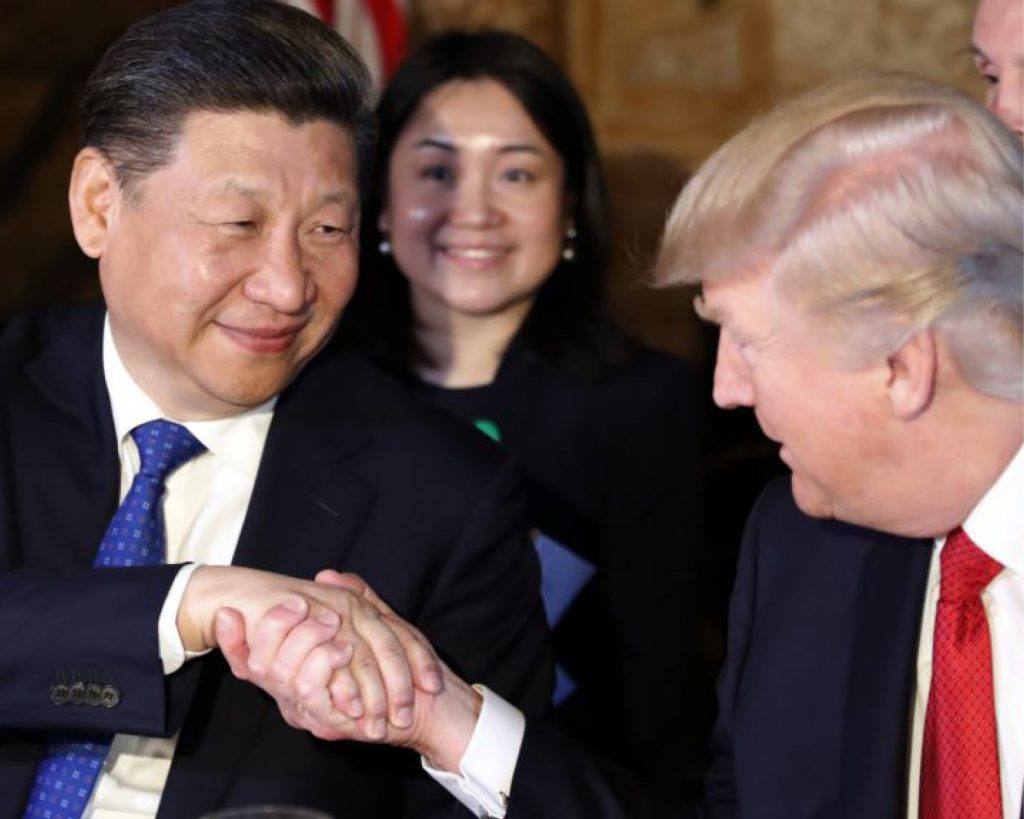Near the end of President Donald Trump’s trip to Asia, Senator Bernie Sanders published a statement denouncing the president for his intimate relationship with various authoritarian leaders. President Trump has forged close relationships with authoritarian leaders such as President Rodrigo Duterte, President Xi Jin-ping, and President Vladimir Putin. President Trump’s friendliness toward various authoritarian leaders leads to an honest question of whether he can stay true to the American ideals of democracy.
Trump visited President Xi on Nov. 15. While he refused to take any questions from the media, President Trump announced through Twitter that he successfully befriended the Chinese leader. In particular, he cited the extravagant red-carpet welcome as a sign of a close relationship developing between the two heads of state.
Likewise, Presidents Trump and Duterte have forged good relationships during President Trump’s meeting in Asia. At this meeting, they showed mutual distaste toward President Obama. However, critics have expressed concern regarding the lack of discussion on the human rights violations in the Philippines.
Despite denial from both ends, President Trump also has been successful in befriending President Putin. Due to multiple allegations of President Trump being supported by the Russian government during the 2016 election, this relationship has caused great controversy. HowevThus, President Trump’s relationships with these three heads of state are already controversial.
An analysis of President Trump’s relationship with these three authoritarian leaders poses an important question: is this justified for diplomacy or is this a threat to the establishment of democracy? Since the US has assumed its role as the protector of democracy in various parts of the world like the Middle East, many countries and people have come to rely on the US to act as their savior.
President Trump’s relationships are, in actuality, not a threat to democracy if they stay superficial. At this point, it seems like President Trump’s close relationships seem to be a political utility to pursue national interests. For example, President Trump explains that his intimacy with President Xi will help him establish better trade deals for the US. Also, President Trump seeks to open more trade routes through the Philippines by befriending President Duterte. Thus, President Trump’s close relationships at their current stage are not a threat to democracy. Rather, they are means to an end to achieve economic benefits.
As friendships are mutually binding, President Trump may be forced to abandon his role in protecting democracy. The oppressive leaders may want a favor in return for their close relationship. From the Chinese government, this may include asking the US government to not intervene in the conflict occurring in the South China Sea. The US may be forced to refrain from aiding its many allies in the region. President Duterte may ask Washington to refrain from involving itself in the investigation of human rights violations in the Philippines. Due to the historical conflicts between the two countries, the greatest question lies in what the Russian government may request from President Trump.
Overall, the state of President Trump’s current relationship with other authoritarian leaders is not harmful in effect. However, further developments may result in the US being hard-pressed to grant favors it otherwise would not. As we move forward in Trump’s presidency, the question remains whether these relationships will develop to that extent.

